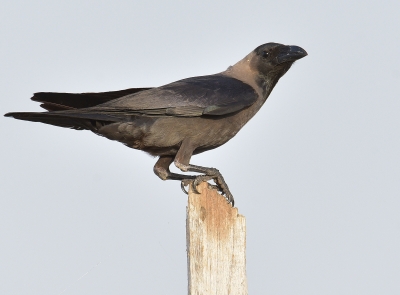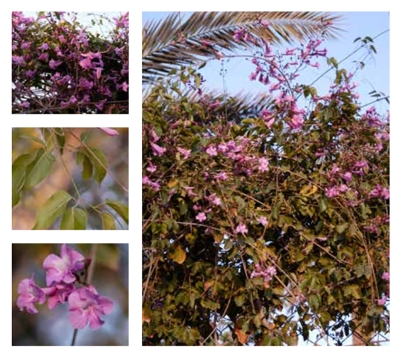
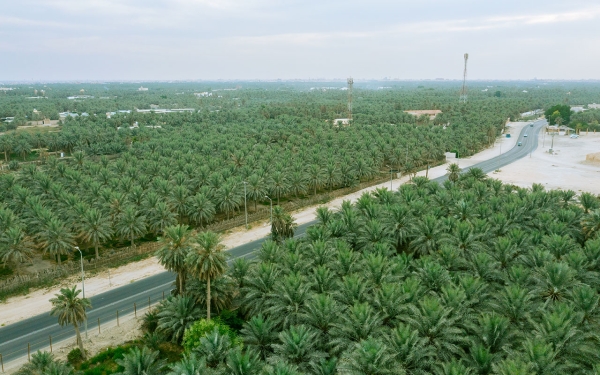
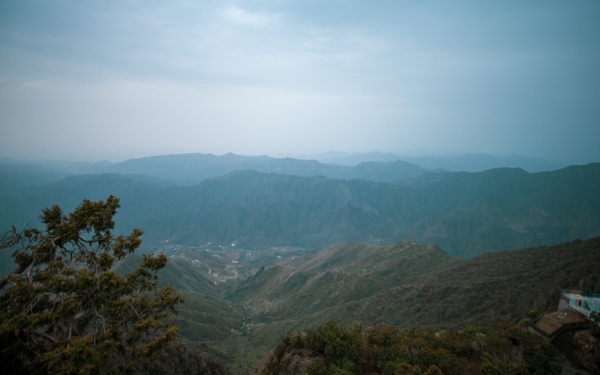
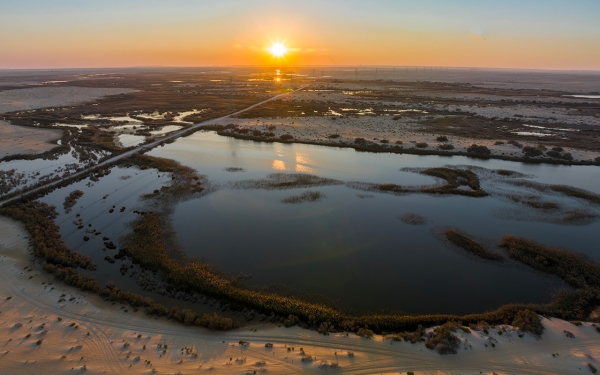
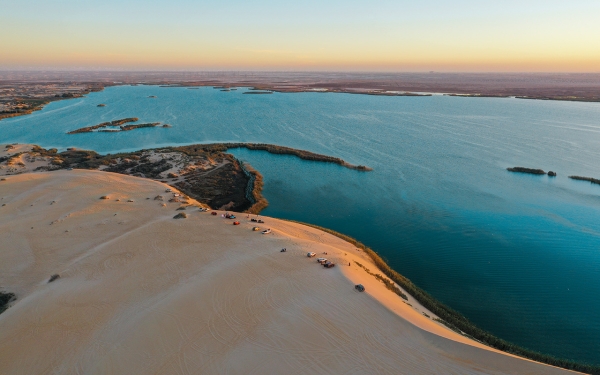
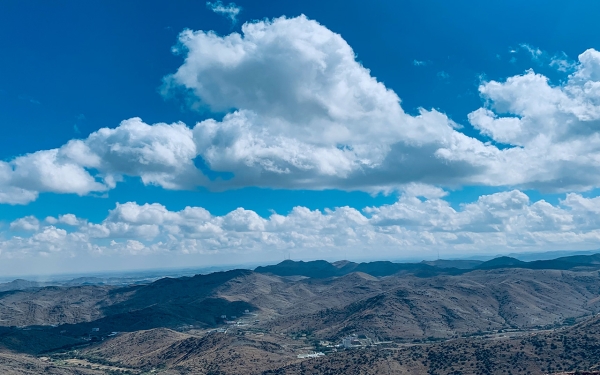
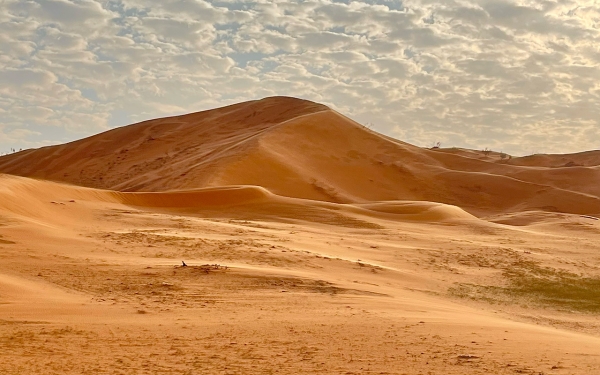
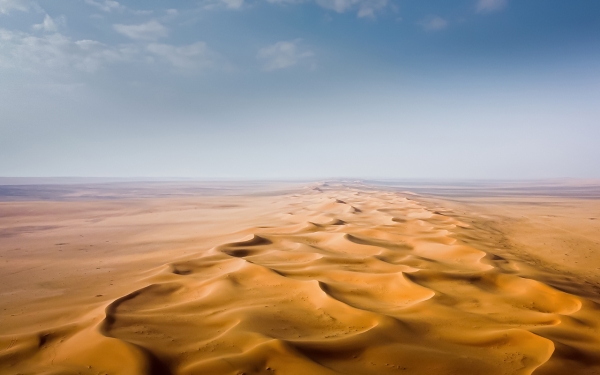
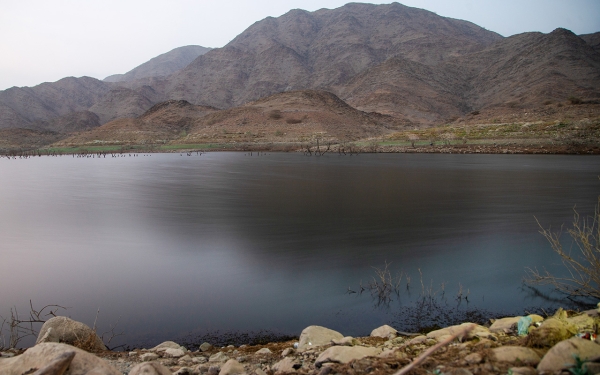
The Environment of the Kingdom of Saudi Arabia encompasses everything surrounding humans, animals, plants, or any living organisms, including water, air, land, soil, living beings, biodiversity, atmospheric gases, water bodies, and all that these mediums contain in terms of inanimate objects, various forms of energy, habitats, and natural processes and their interactions. The Kingdom works to preserve, protect, develop, and prevent the pollution of the environment, in accordance with Article Thirty-Two of the Basic Law of Governance.
Development plans have worked to strengthen the foundations of the environmental protection system in various regions of the Kingdom, which have diverse environments and terrains. This has been achieved through the issuance of several strategies and plans in this field, including the National Forest Strategy and Action Plan in 2006, the National Biodiversity Strategy in 2008, the National Health and Environment Strategy in the same year, as well as the National Plan for Combating Marine Pollution by Oil and Other Harmful Substances in 1991.
Environmental projects and efforts in the Kingdom
The Kingdom has implemented several infrastructure projects that enhance its efforts in environmental protection. The National Center for Meteorology (formerly the General Authority for Meteorology and Environmental Protection) has completed the first phase of the project for establishing a radiation monitoring network, as well as projects for environmental protection and management, monitoring, analysis, forecasting, and environmental surveillance, and the national network for air quality monitoring.
Environmental protection efforts in the Kingdom have remained a priority for the state, as highlighted in Saudi Vision 2030. This vision underscores that "preserving our environment and its natural components is our religious, ethical, and humanitarian duty, a responsibility towards future generations, and a fundamental component of our quality of life."
Among the efforts that reinforce the Kingdom's vital role in protecting its environment is the approval of seventeen initiatives for environmental protection and the development of meteorological services under the National Transformation Program. Additionally, two initiatives were launched for the development of forests and rangelands, as well as the development and investment in national parks.
The Kingdom has undertaken several initiatives and projects related to environmental protection, including the establishment of an Energy and Environment Research Fund. Through this fund, the Kingdom provided USD1.1 billion for environmental remediation following the Gulf War and also contributed to the Center for Desert Agriculture.
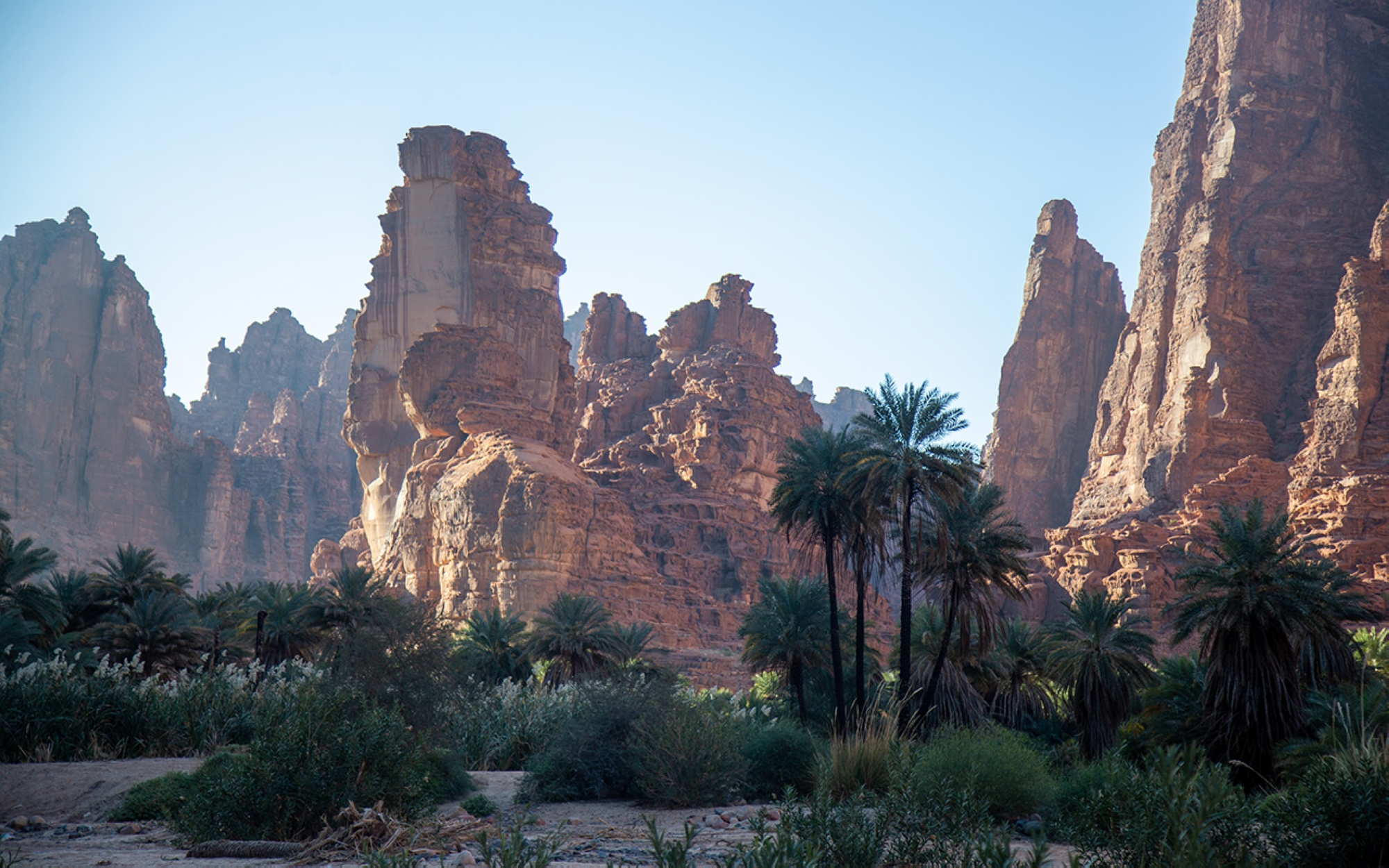
Terrestrial environment in the Kingdom
The Kingdom has given significant attention to wildlife as part of its environmental initiatives and projects. It utilized the expertise of the International Union for Conservation of Nature (IUCN) to conduct the necessary biological and social studies and surveys for establishing a system of protected areas. In 1991, the document titled "National System for the Conservation of Wildlife and Sustainable Rural Development in the Kingdom" was completed. This document laid the foundation for the established network of protected areas in the Kingdom. The system proposes the protection of seventy-five areas, including sixty-two terrestrial areas and thirteen coastal and marine areas.
Marine environment in the Kingdom
In the realm of marine environmental protection, the Kingdom has launched several initiatives, including the establishment of the Fish Resources Research Center, the Faculty of Marine Sciences at King Abdulaziz University, the Saudi Aquaculture Society, the Fish Resources Research Center at King Faisal University, and the Red Sea Research Center at King Abdullah University of Science and Technology.
Major environmental conservation initiatives also include the launch of the Riyadh Green Project, aimed at elevating Riyadh City's global ranking in line with Saudi Vision 2030. Preventive measures to protect the climate have also been undertaken, such as the launch of the National Program for Circular Carbon Economy, the National Energy Efficiency Program in 2012, the issuance of a special declaration on the environment during the Kingdom's presidency of the G20, and the establishment of a Council of Royal Reserves.
Environmental legislation and laws in the Kingdom
In the framework of environmental legislation and laws, the "Environmental Law" was issued by Royal Decree and a decision of the Council of Ministers in 2020. Additionally, international laws and strategies for wildlife conservation in the Kingdom have been enacted, including the General Environmental Law and its executive regulations, and adherence to the United Nations Convention on Biological Diversity.
Several plans and regulations related to natural disasters have also been issued, including the National Plan for Natural Disaster Management, the National Plan for Chemical and Bacterial Incidents, the National Plan for Marine Disaster Management, the Executive Regulations for Evacuation and Shelter Operations, and the National Environmental Strategy.
With the increasing threat of climate change, the Kingdom has initiated several programs to address this phenomenon, including energy efficiency, diversification of renewable energy sources, carbon capture, storage, and utilization technologies, natural gas exploitation, methane extraction, and reducing gas flaring. Additionally, the Green Riyadh program was launched, aiming to increase green spaces in the city, with the total area of ongoing projects reaching approximately 9.9 million m.
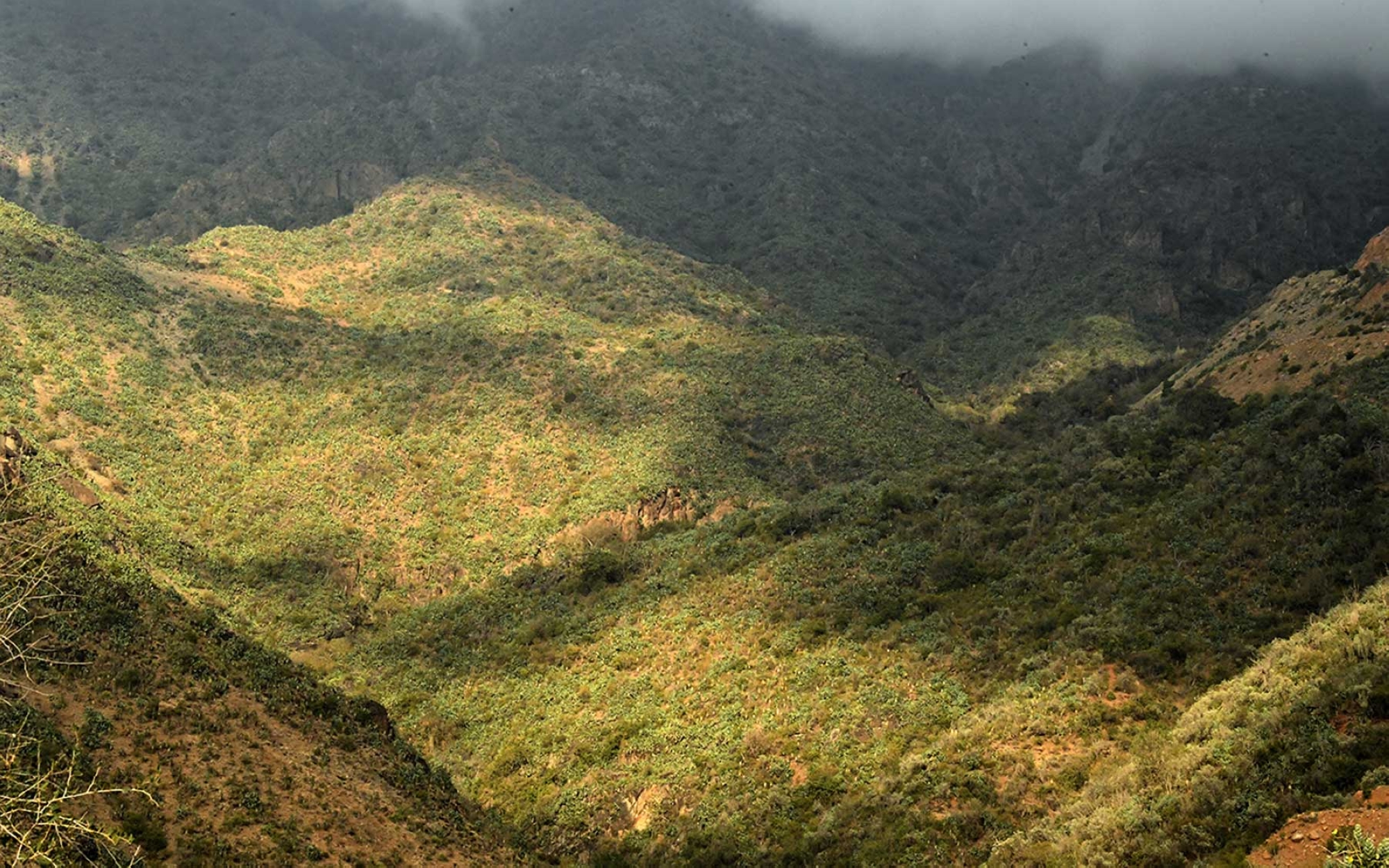
Natural reserves in the Kingdom
The Kingdom has expanded and increased the development of nature reserves. While their area represented about 1.66 percent of the Kingdom's total area in 1986, it reached about 4.33 percent in 2001. There were no increases in protected areas after 2001 until 2016, when al-Jandaliyah Reserve was canceled, resulting in reserves covering 4.27 percent of the Kingdom's total area, which is approximately two million m.
According to the targets of Saudi Vision 2030, the Kingdom established eight royal nature reserves under the supervision of the Royal Reserves Council in 2018. These are: Imam Abdulaziz Bin Mohammed Royal Reserve, Imam Saud bin Abdulaziz Royal Reserve, Imam Turki Bin Abdullah Royal Reserve, Imam Faisal Bin Turki Royal Reserve, King Abdulaziz Royal Reserve, King Khalid Royal Reserve, King Salman Bin Abdulaziz Royal Reserve, and Prince Mohammed Bin Salman Royal Reserve.
To achieve financial sustainability for the environmental sector in the Kingdom, ensuring it fulfills its role in environmental conservation, the Environmental Fund was established. This fund supports the operational budgets of centers working in the sector, as well as related programs, studies, and initiatives. It also promotes environmentally friendly technologies and enhances environmental performance and rehabilitation programs.
Specialized environmental centers in the Kingdom
In 2019, the Council of Ministers approved the establishment of four specialized environmental centers: the National Center for Meteorology, the National Center for Vegetation Cover and Combating Desertification, the National Center for Environmental Compliance, and the National Center for Wildlife Development.
These organizational efforts have led to several achievements and the continued launch of initiatives supporting environmental efforts. During the Kingdom's presidency of the G20 in 2020, the Kingdom launched an initiative to combat land degradation and the loss of natural habitats in forests, rangelands, and other terrestrial environments. Additionally, it initiated the establishment of the Global Coral Reef Research and Development (R&D) Accelerator Platform.
Environmental achievements included increasing the green areas in the Kingdom, such as the rehabilitation of more than thirty-seven million m of parks and green spaces, and the trimming, landscaping, and planting of more than fourteen million trees and flowers. This, in turn, increased the per capita share of public spaces and squares to approximately 4.09 m per person.
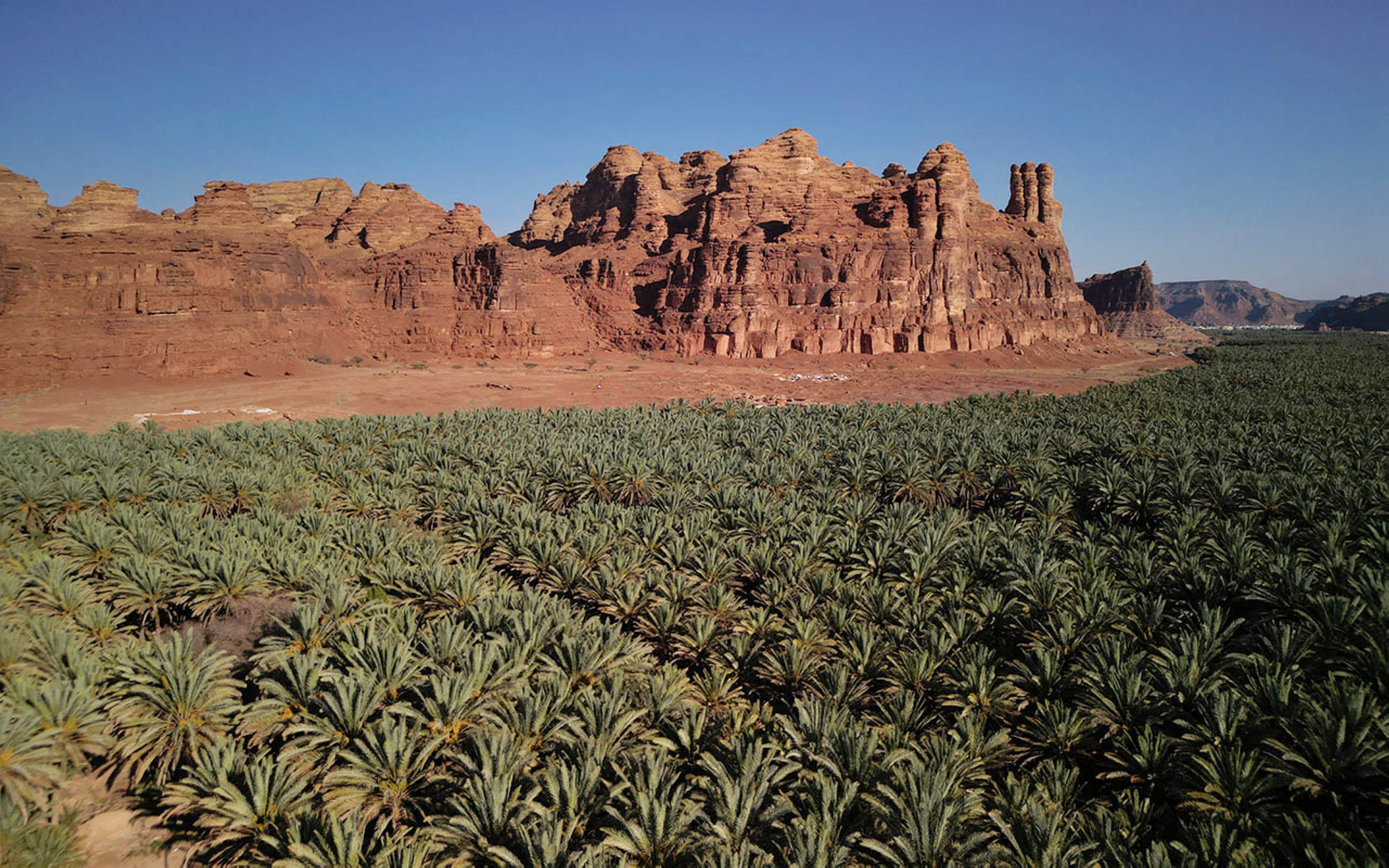
Environmental initiatives in the Kingdom
Among the environmental initiatives that enhance efforts to protect and preserve the environment was the launch of the "#LetsMakeItGreen" campaign in 2020. This campaign covered 165 locations across all regions of the Kingdom, including thirty-seven sites affiliated with the Ministry of Environment, Water, and Agriculture, to contribute to vegetation cover development. Additionally, in 2021, the ministry launched an electronic linkage service with the National Center for Wildlife Development and began implementing the Executive Regulations for Environmental Inspection and Auditing in the Kingdom.
In 2021, the Kingdom announced the "Saudi Green Initiative," which aims to plant ten billion trees within the Kingdom over the coming decades. This initiative is equivalent to rehabilitating approximately forty million ha of degraded land and represents the Kingdom's contribution of more than 4 percent toward the global target for combating land and habitat degradation and 1 percent of the global goal to plant one trillion trees.
The Kingdom also announced the "Middle East Green Initiative," which aims to partner with Middle Eastern countries to plant an additional forty billion trees in the region. This initiative is part of the overall goal to plant fifty billion trees, making it one of the largest reforestation programs in the world, and is twice the size of the Great Green Wall in the Sahel region.
Special Forces for Environmental Security
To enhance environmental protection levels in the Kingdom, a Royal Order was issued on September 18, 2018, establishing the Special Forces for Environmental Security under the Ministry of Interior. This force aims to preserve and sustain the environment and build a community where individuals enjoy a healthy lifestyle. The Special Forces for Environmental Security began their duties in the eight royal reserves. Additionally, the forces have been deployed in the Sharaan Nature Reserve in al-Ula and as-Sudah Park in the Aseer Province.
Related quizzes
Related articles
